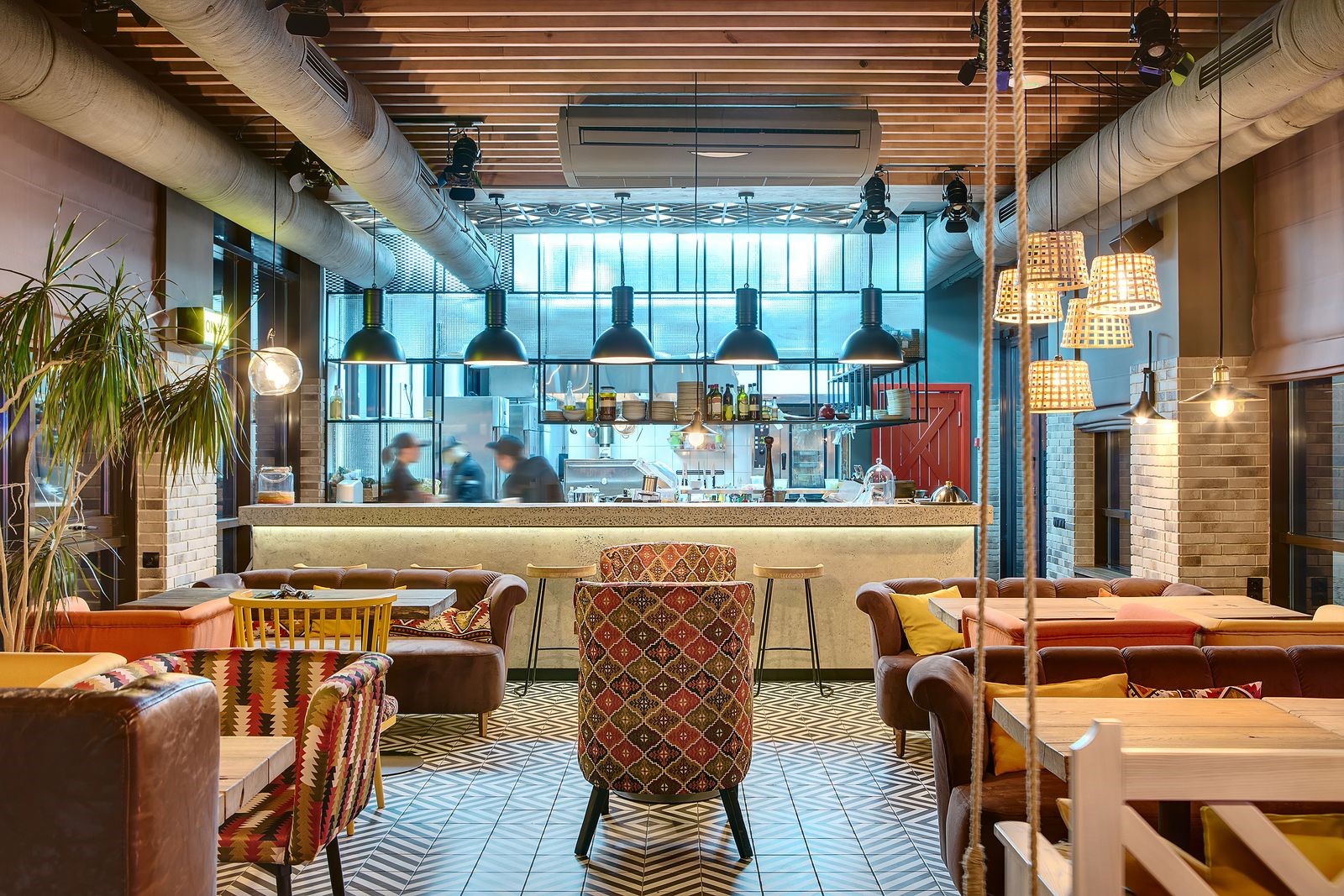Valuation is the process of determining a property’s current worth. Brokers use a number of methods when finding the true value of a property like a restaurant for sale in Toronto. Following are the most popular.
Fair Market Value
The value of a commercial property, such as a restaurant, is associated with its fair market value, which is the highest price offered in a deal between two or more prudent parties, acting willingly and in the absence of pressure or duress from the other party. This value is usually expressed in monetary form. Value determination becomes much easier when there are numerous restaurants for sale within a particular area, as there are also variable sales and purchase options available. Since all the parties are assumed to be acting voluntarily to sell or buy the property, the broker should find an appropriate price that would satisfy every individual with a vested interest.

Financial Evaluation
The valuation procedure is based on the restaurant’s regular cash flow. To establish the value of such cash flow, the loss and profit statements should be organized according to the Uniform Systems of Accounts for Restaurants. The flow of cash in a restaurant should be adjusted to clarify accurate expenses and income only. For instance, restaurants that are operated by the owners themselves will occasionally pay the management a salary that exceeds the industry norms or otherwise cover the expenses of a car whose use is not exclusive to the business. Such situations give ample allowance for an increase in operating expenses that reduce profit and diminish tax liabilities. It is, therefore, important that every expense be adjusted in a way that reflects the accurate operating expenses only.
Determining the Capitalization Rate
There are two methods for determining a restaurant’s capitalization rate. The first one involves establishing the equity capitalization rate that is based on the actual buying price of operations of similar size. The restaurant, however, should be deemed of similar size by determining the number of seat, target market, total operating profit, and the gross sales of all interrelated businesses available for sale. Ideally, the equity capitalization rate can be known based on the buying price of similar enterprises.
The other method used to come up with the subjective average capitalization rate establishes the value of a restaurant based on its financial position. This approach takes into account the debts and principal paybacks that are associated with the purchase. It also considers the maintainable net operating revenue of the restaurant.
With all these complexities in the selling and purchasing process, you need the expertise of a broker to ensure the success of your endeavor. Make sure to find a broker that is reputable and specializes in the type of property involved in the deal.
Sources:
How to Determine the Sales Value of a Restaurant Business, Chron.com
What is a Restaurant or Bar Worth? How to Estimate Value, WilliamBruce.org






